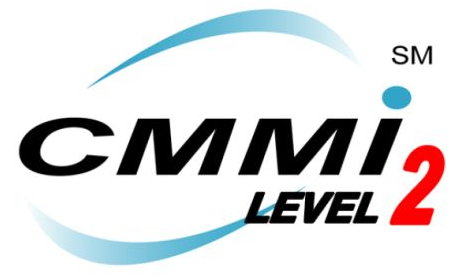In IBM’s 2022 report, it is reported that the average cost of data breaches was up to 6.35 million dollars—an increase of 150,000 dollars from the previous year. With many enterprises migrating to the cloud, it has created a need for a strong sense of cloud security.
Cloud security is a set of frameworks, policies, procedures, and practices that are conceptualized and deployed to protect the applications and their data along with the corresponding resources that are usually hosted on the cloud. Cloud Security-as-a-Service (CSaaS) is a type of security solution that harnesses a collection of procedures and technology designed to address external and internal threats to business security. It is instrumental in providing multiple levels of protection when it comes to the network infrastructure, thus protecting the same against data breaches, unauthorized access, and more. Unlike traditional on-premises security solutions, which require organizations to purchase and manage their hardware and software, Cloud Security-as-a-Service (CSaaS) provides a scalable, flexible, and cost-effective alternative.
Advantages of Cloud Security-as-a-Service (CSaaS)
One of the key advantages of Cloud Security-as-a-Service (CSaaS) is that it enables organizations to offload the burden of managing and maintaining their security infrastructure. This not only frees up IT staff to focus on other tasks, but it also allows organizations to access the latest security technologies and expertise without having to invest in them upfront. This means that they don’t have to worry about investing in expensive hardware and software to protect their data and systems, as the service provider takes care of all of this for them.
Another advantage of Cloud Security-as-a-Service (CSaaS) is that it’s generally more cost-effective than other forms of protection. Because the service provider is responsible for the security of multiple clients, they can often offer their services at a lower cost than if a business were to invest in their security infrastructure, thus providing the organizations with access to a wide range of security services, including firewall protection, intrusion detection and prevention, data encryption, and more.
Cloud Security-as-a-Service (CSaaS) also offers various customized solutions depending on the preferences, size, and security mandate of the organizations. Thus, bringing with it a plethora of ways to ensure that the organization picks out an option that best suits their needs, plans, and future aspirations. This means that organizations can tailor their security solutions to meet their specific needs and budgets, and can quickly scale up or down as their security requirements change.
Additionally, Cloud Security-as-a-Service (CSaaS) is designed to be highly resilient and reliable. Because the security infrastructure is managed by a third-party provider, it is constantly monitored and updated to ensure that it is always up-to-date and able to protect against the latest threats. This level of reliability is critical for ensuring that organizations can continue operating even in the face of a cyber attack.
However, it can be difficult to ensure that the service provider is meeting all of your security needs. It’s important to do your due diligence and research different service providers to find one that has a strong track record and a proven track record of protecting the client’s data and systems.
Best Practices While Using Cloud Security Services
It is also important to follow simple practices that play a significant role in keeping cloud data safe and secure.
Understand the key areas concerned with accountability – It is important to define what portions of the cloud environment are looked after by whom- for instance, the Cloud Security-as-a-Service (CSaaS) provider might be responsible for overseeing the security of the cloud. At the same time, the client might be held accountable for the security of the cloud. Knowing the key areas of responsibility and mapping them out to the concerned parties is a great way to ensure that expectations are set and continuously met.
Document and deploy cohesive cloud security- To facilitate seamless implementation of cloud security, it will be helpful to document all relevant policies, processes, and procedures. This will serve as an excellent framework for both the client and the service provider to adhere to, thus serving as effective guardrails for both parties involved.
Automate an in-depth defense strategy- The cyber threats of today’s world has a high degree of sophistication. A layered approach encompassing several security mechanisms will be equipped to counter the sophisticated threats should one defense fail. For greater efficiency, the integration, automation, and orchestration of these security solutions should be considered.
Overall, Cloud Security-as-a-Service (CSaaS) is great for enterprises seeking flexible, scalable, and cost-effective ways to protect themselves against cyber threats. It offers businesses a cost-effective way to protect their data and systems and provides access to a wide range of security tools and technologies. By leveraging the latest security technologies and expertise, organizations can ensure that their data and systems are safe and secure, and can focus on their core business activities without worrying about their security infrastructure. However, it’s important to do your research and choose a reputable service provider to ensure that your business is properly protected.
At 24 X 7, we are passionate about equipping organizations to adopt and implement cloud security services to aid them with converting challenges, and risks into opportunities. With our offerings, we are confident that we will be able to build, cement and drive sustained business value. We are keen to help organizations when it comes to assessing, managing, understanding, and adding value to their cloud security that can help ensure that their data, resources, and application on the cloud remains safe and secure. Reach out to us to understand how we can elevate your business by equipping your organization to critically evaluate your scope concerning organizational cloud security!






